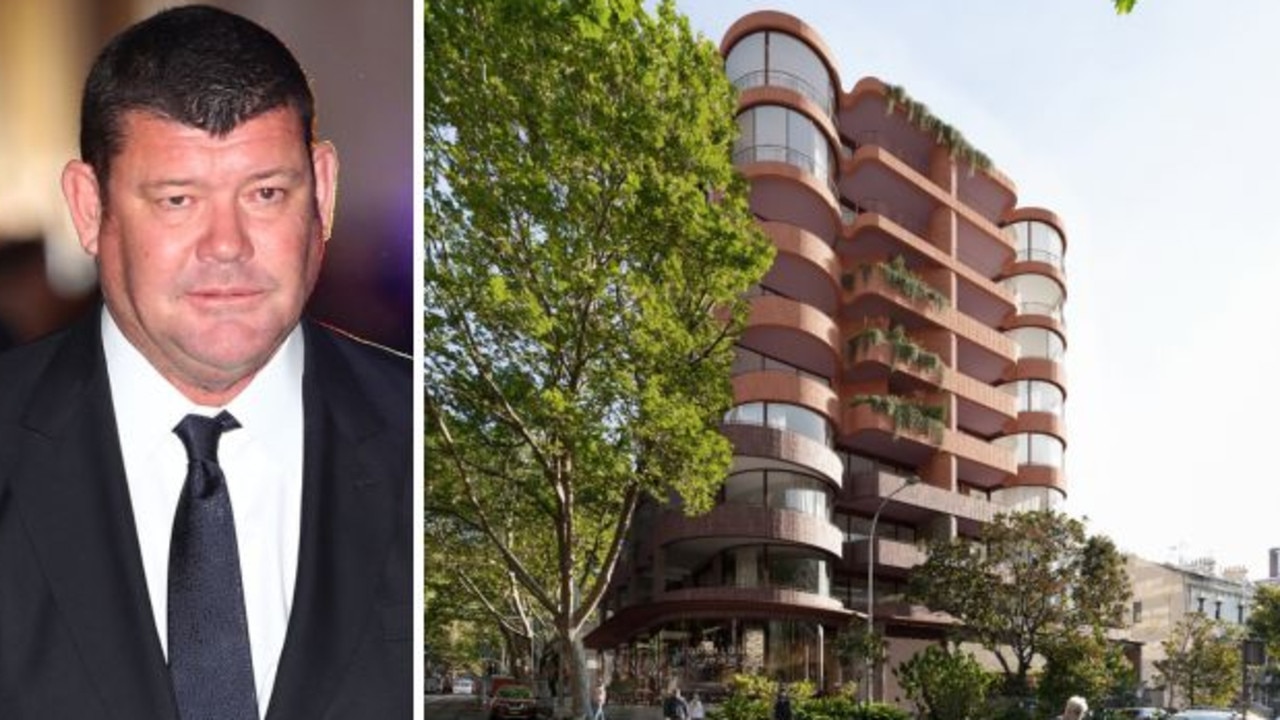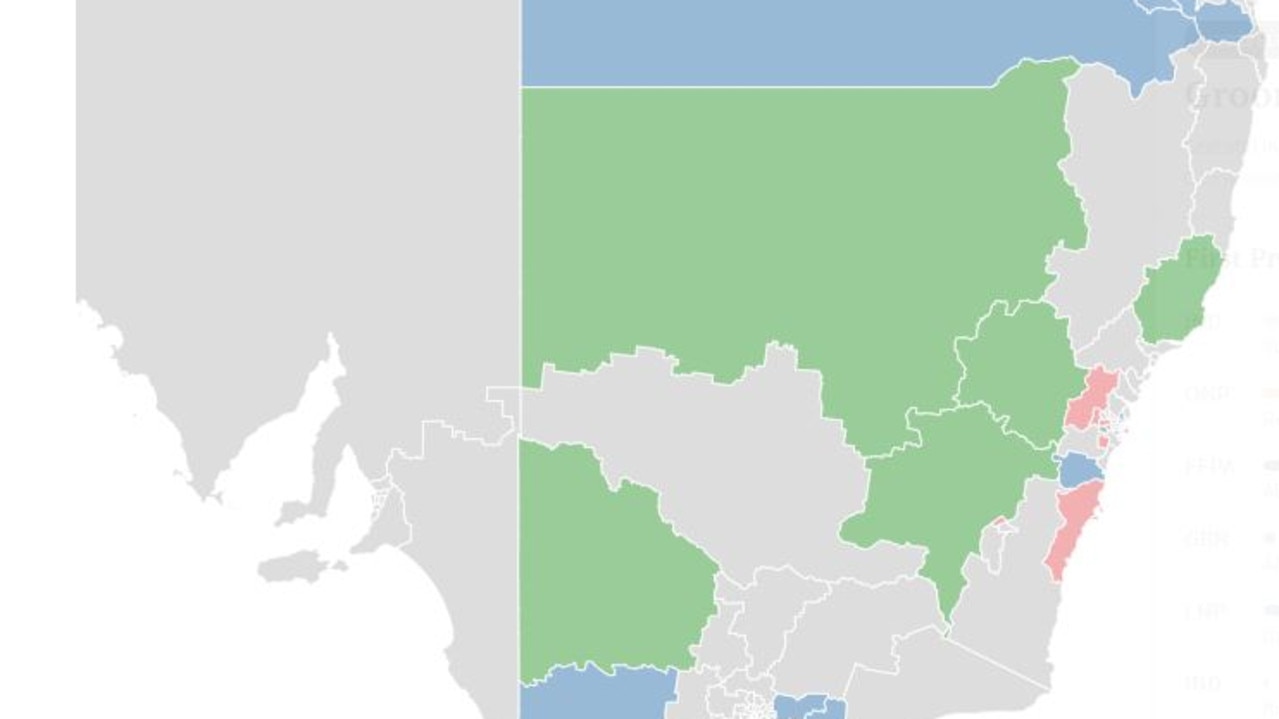Angela Mollard: Adolescence may be fiction but it crystallises parents’ failure to protect their children
Adolescence may be fiction, but it crystallises the failure of a generation learning to take a photo on an iPhone 3 while their children were being lured by porn and nasty apps which encouraged bullying and male toxicity, writes Angela Mollard.
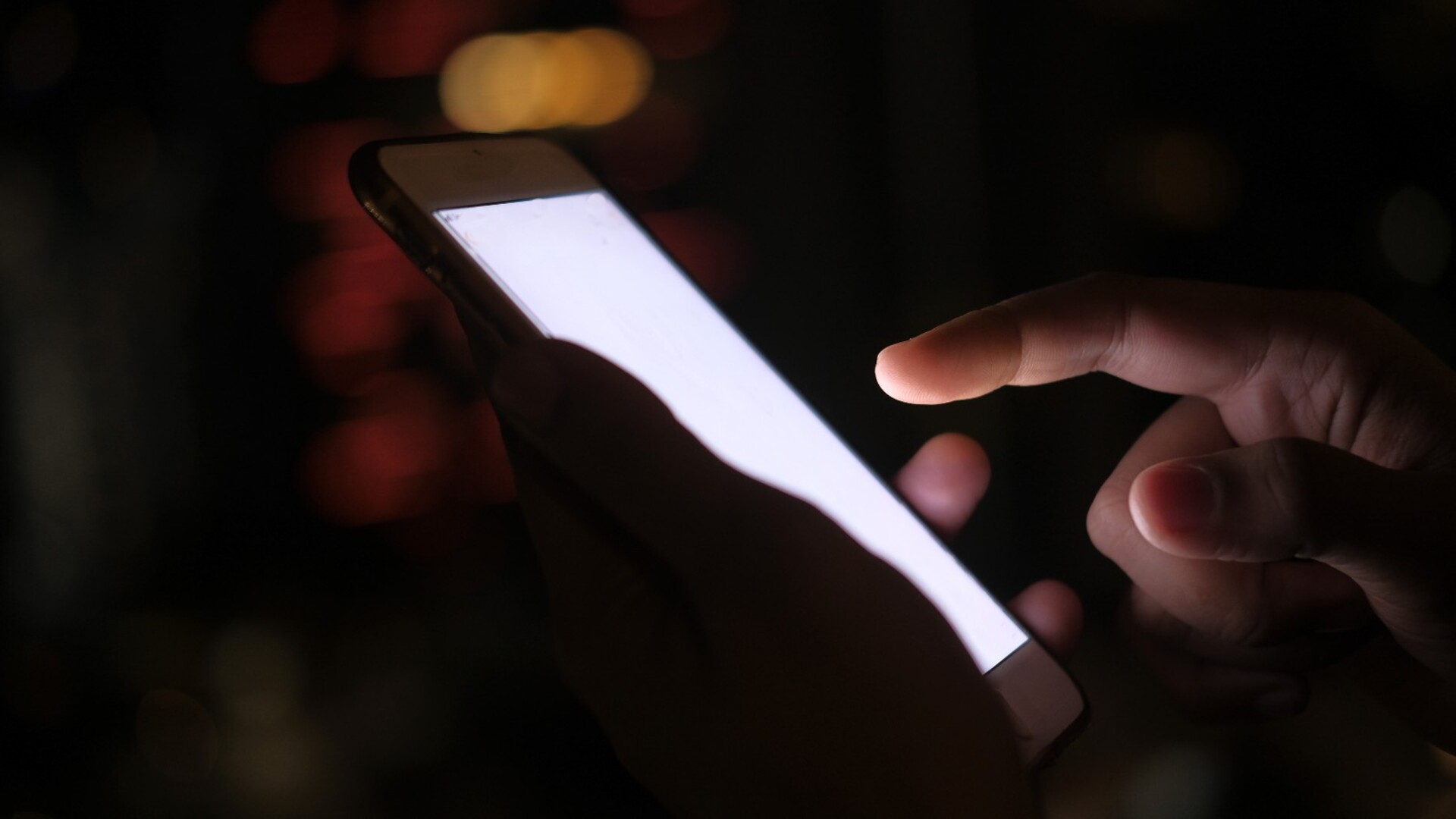
News
Don't miss out on the headlines from News. Followed categories will be added to My News.
It’s the last line of Adolescence that got me. Eddie, played by actor Stephen Graham, is sitting in his 13-year-old son Jamie’s bedroom. It’s not a spoiler to say Jamie is not there. He’s in juvenile detention awaiting trial for the murder of his classmate Katie. Eddie is clutching his son’s teddy bear and sobbing.
“I’m sorry son,” he says. “I should’ve done better.”
I broke down. Hot, tense tears poured from some primal part of me, not just because Netflix’s Adolescence is the most compelling, gut-wrenching television I’ve ever watched. But because I was Eddie. Like he and his wife Amanda, and probably many of you, I now know I should’ve done better.
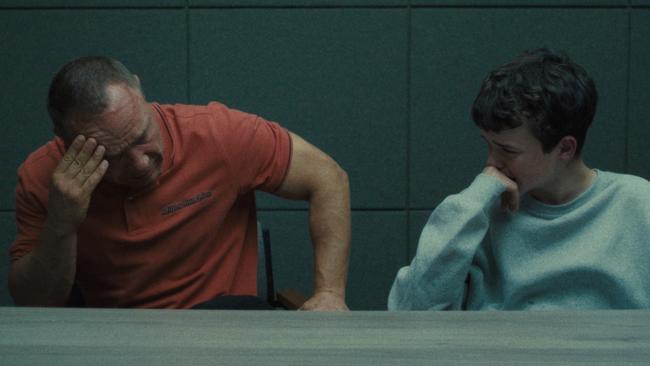
I failed my daughters. They were the first generation to have smart phones and I was too busy and too disinterested to truly understand what that meant. I had an inkling they were guinea pigs in some hideous social experiment but I’m not a digital native.
Snapchat, text speak, emojis, chat groups and hours of hidden conversations with their friends … how was I supposed to monitor all that? I didn’t even bother to comprehend. Even when it was clear things were going awry. So my darlings, this is my message to you. Other parents might recognise themselves in my apology.
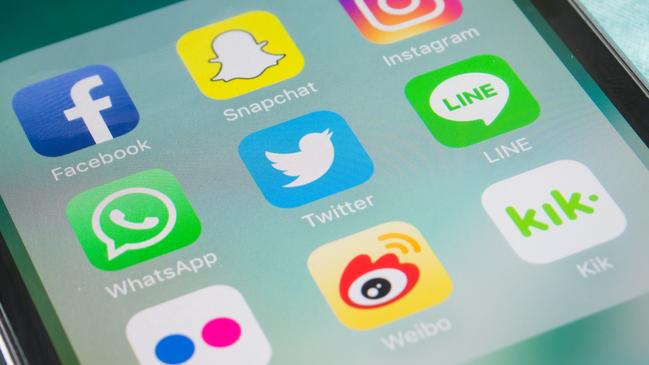
I am sorry, E, that, when you were 12 and your friend hacked into your Kik messaging app and sent messages as if she was you, I didn’t get it. Sure, I phoned your friend’s parents but I didn’t take the time to ask you how that breach of your privacy truly felt. I really liked those parents and didn’t want to harm our new friendship. I also said you could step out of a messaging conversation any time; that there was power in not responding. I didn’t get it.
I was horribly out of step with how your generation communicates. I talked rather than listened.
Likewise, sweetheart, I’m sorry that I didn’t bother to understand what you felt when all your friends went out without you. You could see them on Snap Map – you even showed me their jaunty little avatars all clustered together. I prescribed a cuddle, a movie and popcorn. I wanted to erase the pain but what I should’ve done was sit alongside it.
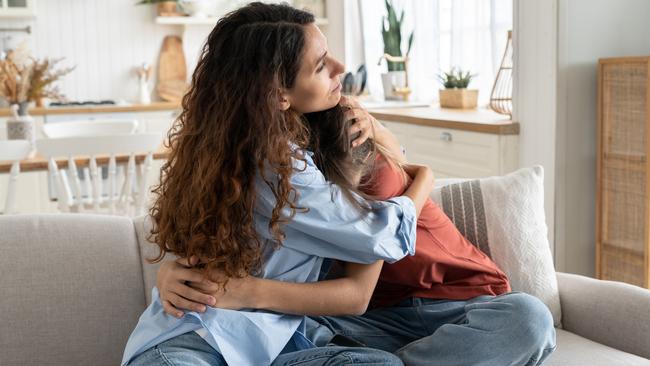
I wish I’d said “ouch”. I wish I’d asked how you were feeling and we’d talked about exclusion and how damn painful it can be. I wish we’d workshopped some ideas and done everything possible to make you feel that home was safe and you could always talk to us. Instead, we ate popcorn. As if you were seven and not 15, when being left out is the most excruciating thing in the world.
I’m sorry Dad and I confiscated your phone for a month. A month? What was I thinking? No wonder you stole your little sister’s iPod so you could continue chatting to your friends. When we discovered what you’d done, we banged on about lying. We didn’t consider what it meant for you, and your nascent friendships, to be disconnected.
I typed up some 10-point “tech contract” that you had to sign before you were allowed back online. As if being dictatorial would bring us closer together. I’d read about co-viewing and misguidedly believed that watching you play Temple Run would keep you safe. What a fool.
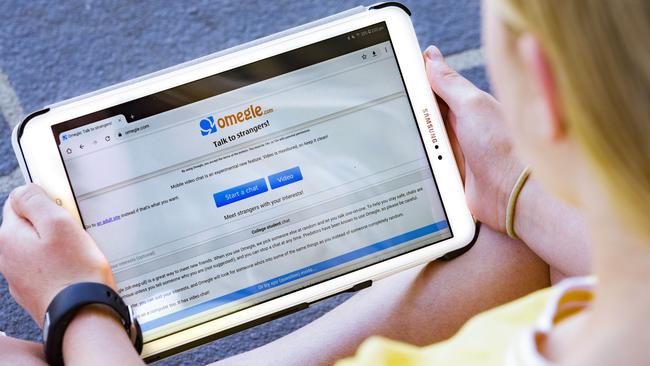
As for you L, coming three years later to the online world, I should’ve been prepared. But I was just as clueless and, to be honest, beaten down with being the phone police. I believed all those speakers at your school who said we simply had to “educate” your generation around phone use. I now know that’s ludicrous.
Risk, curiosity and tribalism underpins adolescence, not caution. Relying solely on teaching good online behaviour is like leaving teenagers to assess whether they need to buckle up in a car.
L, when you were 11 and I found you and your friend in your bedroom on an iPad chatting to that creepy guy on Omegle – where you could video chat with any random person globally – I lost it. I shouted at you both and raged about how he could’ve read the monogram on your school uniforms and tracked you down. I scared you.
From then on, I steered you away from that friend as if she was the problem when that damn service was simply the precursor to all the unregulated and harmful apps that followed.
My generation – parents, government – we let that happen because while we were fluffing about learning to take a photo on our iPhone 3, your cohort were being lured by porn and nasty apps such as Askfm which encouraged bullying and toxic men like Andrew Tate.
We didn’t understand and protect you. Adolescence may be fiction but it crystallises our failure. I promise you, darlings, that when your children come along, we will have done better.
ANGE’S A-LIST
Up Sticks
How brilliant is roll-on skincare? LuxeSticks has added three great Serum Sticks – retinol, hyaluronic acid and vitamin C – to its range and, at $34.99, they’re perfect for busy mornings and travel. I carry the green hyaluronic one in my handbag and top up mess-free.
Cowboy Love
It’s 20 years this year since the brilliant film Brokeback Mountain was released and I realised I’d never read the Annie Proulx story on which it is based. Just an hour long on Spotify, it’s as timeless as it is poignant.
More Coverage
Originally published as Angela Mollard: Adolescence may be fiction but it crystallises parents’ failure to protect their children




